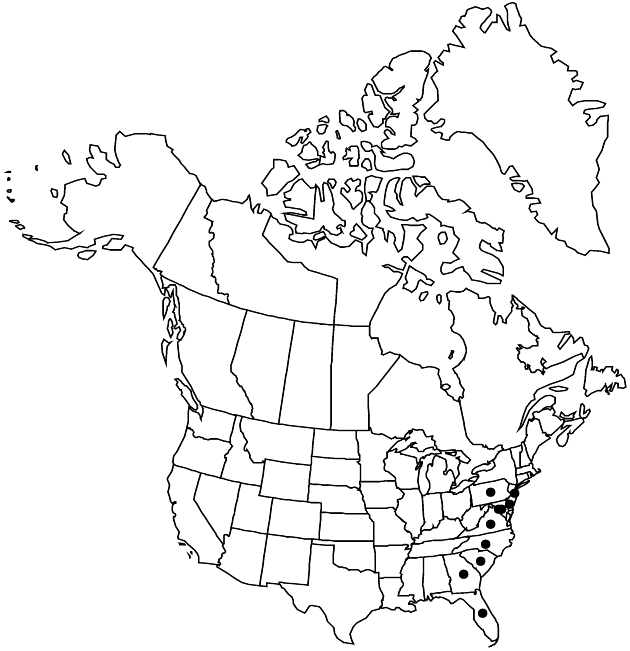Difference between revisions of "Arnica acaulis"
Prelim. Cat., 30. 1888.
Common names: Common leopardbane
Basionym: Doronicum acaule Walter Fl. Carol., 205. 1788
FNA>Volume Importer |
FNA>Volume Importer |
||
| Line 8: | Line 8: | ||
}} | }} | ||
|common_names=Common leopardbane | |common_names=Common leopardbane | ||
| − | |basionyms={{Treatment/ID/ | + | |basionyms={{Treatment/ID/Basionym |
|name=Doronicum acaule | |name=Doronicum acaule | ||
|authority=Walter | |authority=Walter | ||
| + | |publication_title=Fl. Carol., | ||
| + | |publication_place=205. 1788 | ||
}} | }} | ||
|synonyms= | |synonyms= | ||
| Line 50: | Line 52: | ||
|publication year=1888 | |publication year=1888 | ||
|special status= | |special status= | ||
| − | |source xml=https://jpend@bitbucket.org/aafc-mbb/fna-data-curation.git/src/ | + | |source xml=https://jpend@bitbucket.org/aafc-mbb/fna-data-curation.git/src/f6b125a955440c0872999024f038d74684f65921/coarse_grained_fna_xml/V19-20-21/V21_916.xml |
|tribe=Asteraceae tribe Heliantheae | |tribe=Asteraceae tribe Heliantheae | ||
|subtribe=Asteraceae (tribe Heliantheae) subtribe Chaenactidinae | |subtribe=Asteraceae (tribe Heliantheae) subtribe Chaenactidinae | ||
Revision as of 18:50, 24 September 2019
Plants 20–80 cm. Stems simple. Leaves 2–4(–6) pairs, nearly all basal; sessile; blades (with 3, 5, or 7 prominent, subparallel veins) broadly elliptic, ovate, or rhombic, 4–15 × 1.5–8 cm, margins mostly entire, apices mostly obtuse, faces hirsute and stipitate-glandular (cauline leaves 0 or 1–2, distalmost often alternate, much reduced). Heads 3–20. Involucres campanulate. Phyllaries 12–18, narrowly ovate. Ray florets 10–16; corollas yellow. Disc florets: corollas yellow; anthers yellow. Cypselae dark gray to dark brown, 5–7 mm, glabrous or sparsely stipitate-glandular; pappi white, bristles barbellate. 2n = 38.
Phenology: Flowering Apr–Jun.
Habitat: Sandy pine woods and clearings, often in damp soils, chiefly on Coastal Plain
Elevation: 0–300 m
Distribution

Del., D.C., Fla., Ga., Md., N.J., N.C., Pa., S.C., Va.
Discussion
Selected References
None.
Lower Taxa
None.